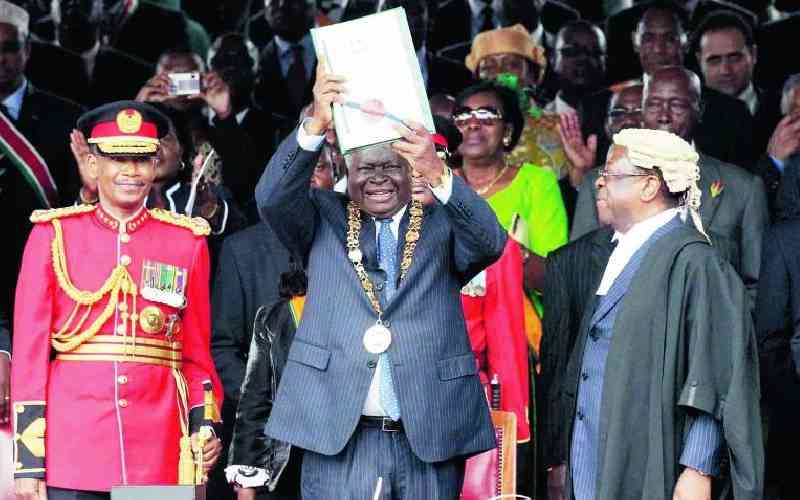×
The Standard e-Paper
Fearless, Trusted News

As the committee set up by Azimio and Kenya Kwanza coalitions get down to work to solve the current political stalemate, I would like them to ask and answer some key questions confronting our people today.
First, what type of political system do we need to help us avoid these periodic political crises that we have had after every presidential election since 2002?